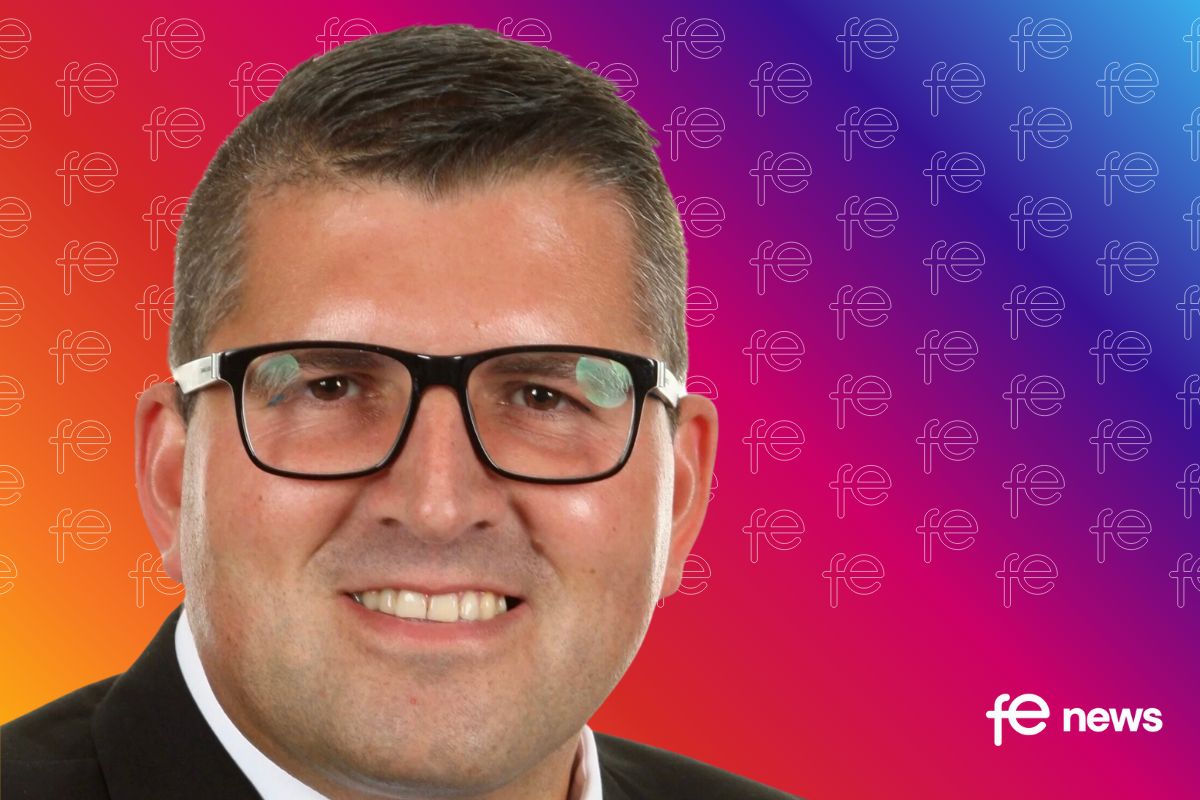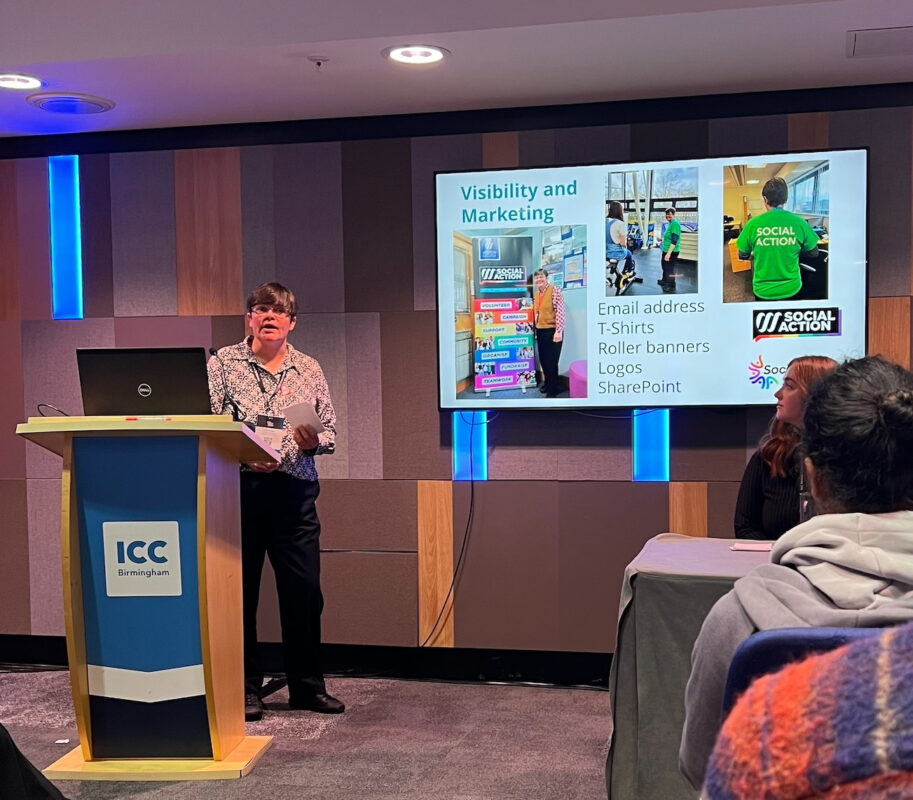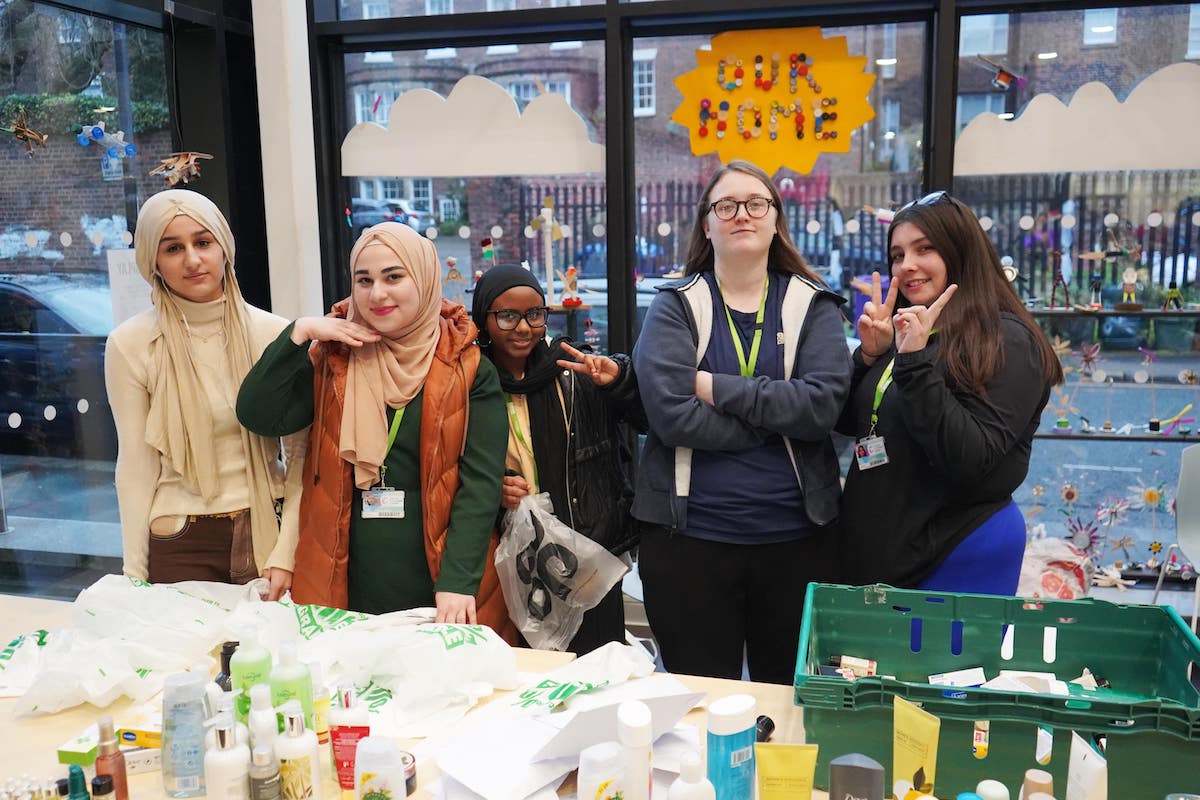Neurodivergence, chronic mental illness, and the race to finishing my PhD

For as long as I’ve known about attention deficit hyperactivity disorder (ADHD), I’ve suspected I had it. I would make jokes about it and downplay how much it really affected me. Previous patterns and past life experiences, both personally and academically, have always led me to wonder about how and why I work the way I do. I’ve found myself unable to focus when multiple tasks are at hand, assignments taking longer than expected, and with a feeling of being misunderstood.
I would always convince myself that I was using ADHD as an excuse and that I was just a forgetful/lazy/chronic procrastinator. During 2020 and 2021, working collaboratively with others as part of my studies, and experiencing a lot of big changes in my personal life led me to realise that the way I functioned on a day-to-day basis was different from others – personally and professionally. I reached out to a friend who had shared their diagnosis with ADHD on social media and I asked them about the process and how to get started, and they really encouraged me to talk to a specialist and seek a diagnosis.
In 2021, as a 29-year-old, I threw in the towel and went, “What’s the harm in getting tested?”, and voila – I was given the shiny new title of someone with ADHD. It’s time to drop the stigma and redefine what it means to have ADHD and be neurodivergent, and still flourish in your endeavours.
I often get asked questions surrounding productivity, such as how I cope with periods of procrastination as a PhD student, as well as if I have any helpful tips for people in a similar position where they may have just received their diagnosis. The problem with this is that there is no ‘one size fits all’ in this scenario. Everyone experiences neurodivergence from a different perspective and it’s best to discover your own ways of working. However, although my methods are not absolute, they can help kickstart the journey of discovering one’s own. My three top tips would be:
- It’s acceptable to feel stunned and uncertain about it (ADHD). When you first get your diagnosis, you start to look back at your life and which aspects of your behaviour and experiences can amount to having ADHD. It can be overwhelming piecing it all together and sifting through your life bit by bit, but this can come with clarity too.
- It’s okay to disclose and talk about your diagnosis (at your own pace and when you feel comfortable). Once you are done processing the diagnosis and have attributed behaviours and experiences to ADHD, explore discussing your diagnosis, and use it to support yourself and explain to others how it affects you. It is not an excuse, but a genuine factor that impacts your productivity and functioning as a student. When you cannot focus on a single task or are hyper-focused but not on your studies/work/important tasks, when you are experiencing sensory overload, or when you have time blindness and need more time to finish a task, it is helpful to be upfront and discuss your challenges with others and seek help. This reduces stigma and negative self-talk, as well as helping others understand your circumstances and put solutions in place to assist you.
- Progress looks different for different people and on different days. It is incredibly difficult to not compare yourself to others, but it is important to exercise self-kindness and remember that every day won’t look exactly the same as the last. Some days there are major breakthroughs, and every idea is great; whereas other days nothing works, no words appear on the paper, and there is too much stimulation in your head/around you. It can be difficult to focus and make progress, so it is important to step away and take some time. This could look like taking a walk, taking a nap, journaling, talking to a friend, watching some Netflix or anything else that helps you relax and physically and mentally separate yourself from the stress inducing catalyst. It is easy to sit at your desk and stare at the screen and not realise that it uses energy to do that too. A pat on the back from yours truly goes a long way.
Do I follow all these tips every day? No way! But have they come in handy on days when I can apply them? Very much so. I’m my biggest critic, and my inner voice can be cruel – that doesn’t mean it has to be the loudest voice.
Having ADHD doesn’t come without its misconceptions. A lack of knowledge or training on the matter can lead to a myriad of stereotypes surrounding neurodivergence. An example being the misconception that people with ADHD are lazy, and it is used an excuse for their procrastination. Having ADHD and battling with time-blindness, as well as periods of mental blocks is a constant struggle, and any effort made toward completing a task, whatever it may be, should be commended.
My diagnosis has been liberating and challenging. Not only because I finally knew what was “wrong” with me, but because I felt validated. I started listening to podcasts about ADHD in adults, reading books and blogs, and joined groups on Facebook and Discord to share my experiences with others who were in a similar boat. It’s OK if there are days where I don’t make any progress, or I sit and stare at my screen and seriously consider dropping out of my PhD. But I won’t let my PhD be added to the list of hobbies and tasks that were started but never finished.











Responses